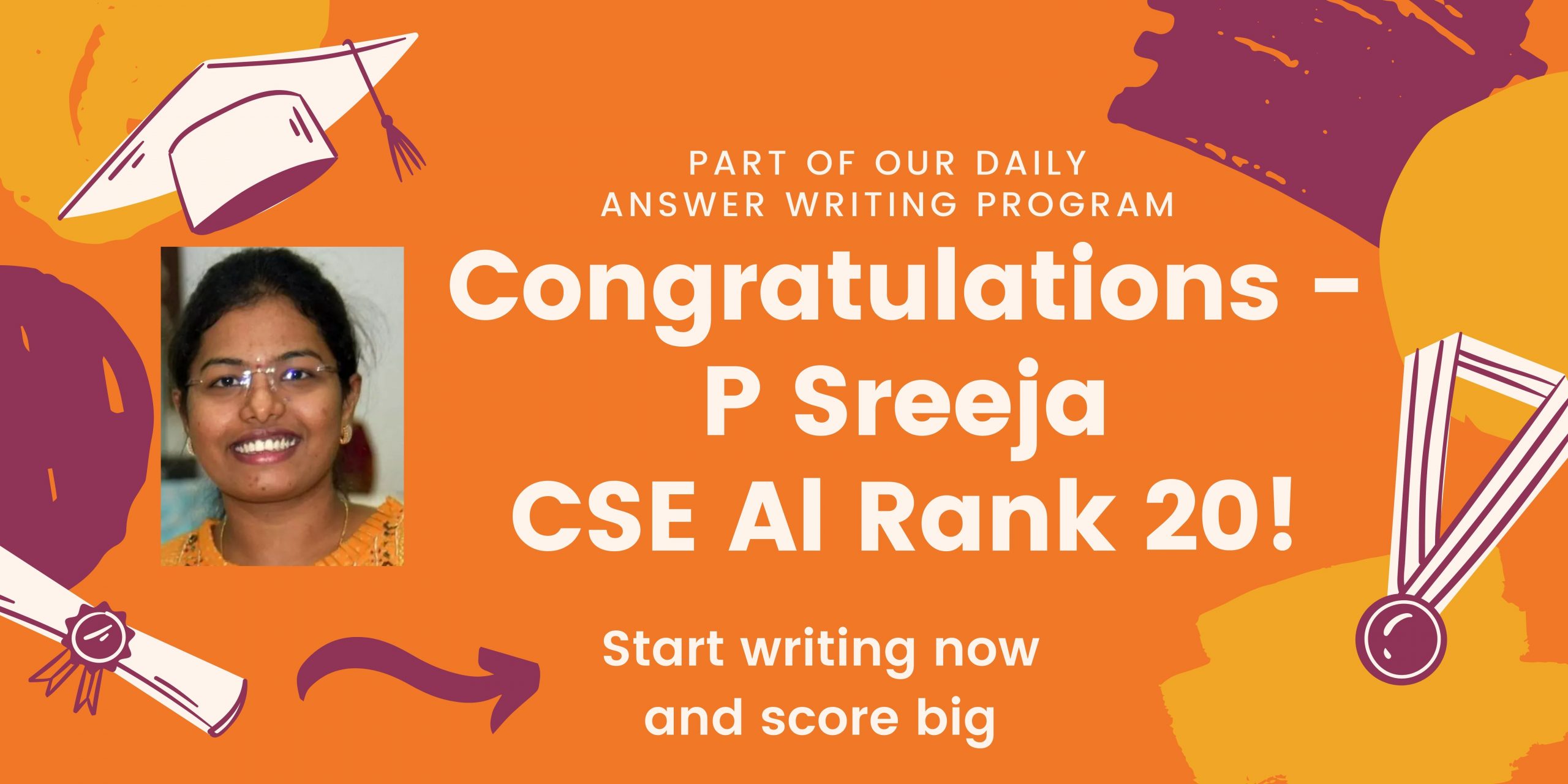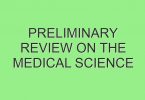We are taking a look at the trends in UPSC Pharmacology questions which had appeared in the recent UPSC Mains Medical Science optional question papers. This will give you an idea about how to efficiently utilize your time while preparing.
Let’s start with 2016, COX 2 inhibitor mediated cardiovascular toxicity and the mechanism behind it was asked. The physiological actions of Alprazolam, along with the clinical features in Alprazolam poisoning, was another question. Benzodiazepiene-poisoning is an expected area from where questions can be asked both in Forensic Medicine and Pharmacology. Other questions, which came up in 2016 from pharmacology included; the pharmacotherapy of MRSA infection (As the antibiotic resistance is an important topic, usually UPSC keeps something or the other from this area, most years), also, questions on rationale behind the combined use of Artemether and Lumefantrine, advantages of Liposomal Amphotericin B over the conventional preparations, rationale behind low dose Aspirin for CVS protection found place in the paper. In another question MOA, SE and uses of Letrozole, Metronidazole and Losartan was asked.
In 2017, from among drug-poisoning, Paracetamol poisoning was the question. The MOA of sulfonamides and the mechanism by which resistance to sulphonamide is acquired was the question from antibiotics section. Rationale of; not using together beta-blockers and Verapamil, co-administration of Folinic acid and Methotrexate and the MOA of thiazides in nephrogenic diabetes came as questions. The MOA, uses and side effects of Griseofulvin, Sulfonylurea and Gentamicin was another question.
In 2018, the question from Antibiotics section was a very general question about the adverse effects associated with antibiotics use. Different classes of drugs utilized for the treatment of HTN was another question. In this same question, the MOA of Sodium Nitroprusside as an antihypertensive also came up. The rationale of; not using aspirin and warfarin together, constipation in patients having Morphine and combined use of imipenem and cilastatin, came as questions. Other questions were on, monoclonal antibodies and their uses, Interferons and their uses, MOA, SE and uses of spironolactone and Metformin.
There is a pattern to these questions. Most of the pharmacology questions are centered on the MOA of various drugs. Also, it can be said that, anti-diabetic and anti-hypertensive drugs are high yielding topics. Most of the other questions are from antibiotics. Covering these key areas would increase the yield. Pharmacology syllabus is very vast. Hence allotting time judiciously for preparing the important topics is critical.
See table,







